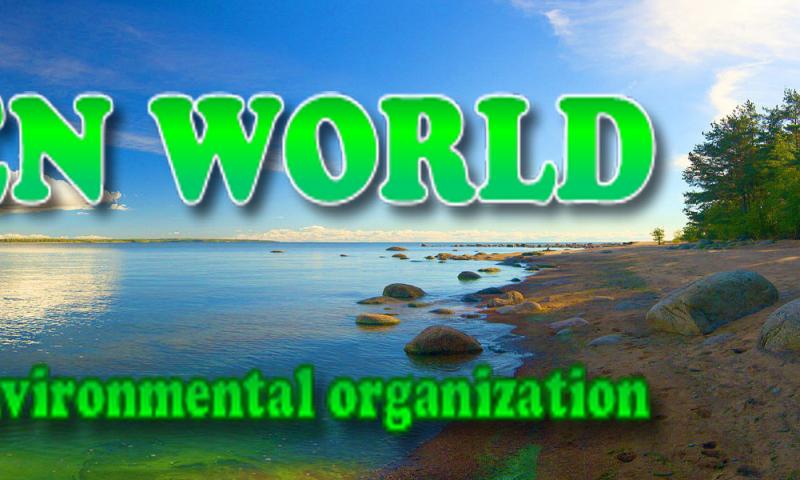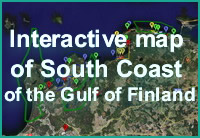
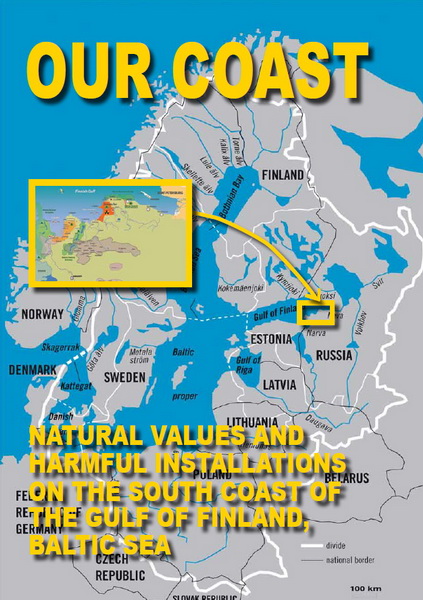 |
The South Coast of the Gulf of Finland |
|---|---|
| Natural Values and Harmful Installations |
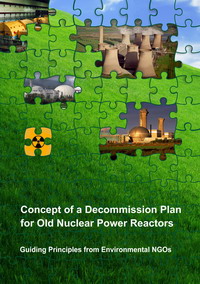 |
Concept of a decommission plan for old nuclear power reactors |
|---|---|
| Guiding Principles from Environmental NGOs |
Non-proliferation of Nuclear Weapons for Europe Must not Violate Human Rights and the Environmental Security of Russia!
Baltic Newsletter July 20 2012, #119
This thesis has become one of the topics of discussion during the recent (June 29) meeting of Hillary Clinton, U.S. Secretary of State, with representatives of civil society in St. Petersburg. Oleg Bodrov, leader of Green World, noted that the import into Russia of spent nuclear fuel (SNF) from Europe is in accordance with the Russian-American agreement on nuclear non-proliferation.
Participants of the discussion with Hillary Clinton, U.S. Secretary of State (St. Petersburg, June 29)
This movement of hazardous radioactive materials from Eastern and Central Europe frees those countries from the risks of nuclear proliferation. The necessity in those countries disappears for them to isolate securely dangerous radioactive substances from contact with wildlife.
What happens to the spent fuel after it is moved is considered an internal affair of Russia. In other words, the implementation of the model of nuclear nonproliferation regime adopted by politicians of Russia, the United States, and Europe does not include a comprehensive safety analysis of those processes that occur with imported spent nuclear fuel into Russia. This leads to the fact that the problem of non-proliferation in Europe is transformed in Russia into a problem of human rights violations and of environmental safety.
The reprocessing technology of SNF used in Russia is a dirty production, accompanied by the dumping of radioactive waste (RW) into the environment. Thus, at the production entity Mayak (Ozersk, Chelyabinsk region), the mass of resulting radioactive waste exceeds by a thousand times the mass of spent nuclear fuel. Part of the resulting liquid radioactive waste is discharged into natural bodies of water - Lake Karachai and Techa cascade. The approach concerning the acceptability of such releases formed during the “Cold War" period between the U.S. and the U.S.S.R. At that time at Mayak weapons-grade plutonium was produced, and pollution of nature was not perceived as a significant phenomenon. The problem of environmental pollution worsened as a result of accidents at Mayak, the largest of which occurred in 1957.
Now, because of the overabundance of plutonium, there is no need for further production. But the authorities of modern Russia are moving to the Urals spent nuclear fuel from Europe containing plutonium. Spent fuel from several Russian nuclear power plants and nuclear submarines also is being moved to Mayak. It sustains the life of Ozersk and a dozen other “closed nuclear cities” – “islands” without freedom and without transparency for Russian society. A “nuclear mindset” persists among the new generation of residents of these cities. In fact, it supports the life of the nuclear infrastructure of the period of the Cold War. It is this infrastructure that is interested in the continuation of the relationship of the Cold War even today, when the world has changed!
New victims of the modern Russian nuclear policy are being added to hundreds of thousands of victims of Mayak since the nuclear arms race. Among four generations of people living on contaminated territories of Chelyabinsk region, there is an increasing number of cancers. This figure has doubled over the past twenty years and reached 400 cases per 100 thousand people (355 for the whole of Russia and 290 in Europe). The number of congenital anomalies in children has reached 52.3 per 1,000 births in 2010 (33.8 for the whole of Russia).
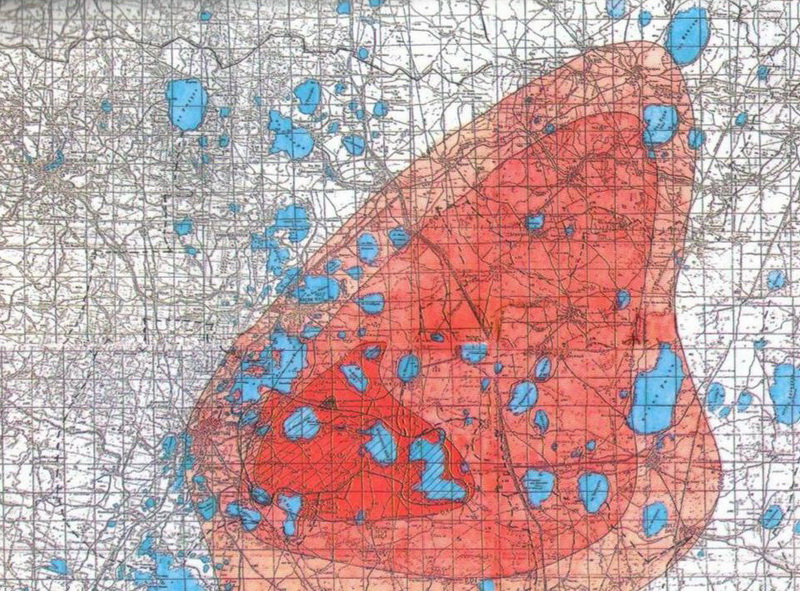 Plutonium contamination zone around Mayak reprocessing facility have diameter about 200 km
Plutonium contamination zone around Mayak reprocessing facility have diameter about 200 km
Acquiescence in Europe and the United States concerning the transport of spent nuclear fuel to Russia has meant support for this “domestic policy” of Russia.
However, this radioactive boomerang sent to Russia will return in the opposite direction. Radionuclides released into the Techa River by Mayak fall into the Ob’ River and beyond into the Arctic Ocean. This can lead, very soon, as has been shown by Fukushima, to the return of radioactive nuclides in fish and seafood onto the tables of Europeans and inhabitants of the Arctic Basin. More details on this issue can be viewed in the documentary film “Wasteland” http://www.greenworld.org.ru/?q=ang_vidflm
Many Russian non-governmental organizations believe that the transfer of spent nuclear fuel represents the transfer of the problems to someone else's back yard, and does not represent a solution. Those countries producing radioactive waste and spent nuclear fuel must bear responsibility for their physical protection and the isolation of those substances from living systems. International supervision over the security of this process is essential.
Until now the appeal of Russian and international community http://www.greenworld.org.ru/?q=ang_rao_app_151110 to reject the transfer of spent nuclear fuel to Russia has been heard only in Germany. We must pay tribute to the wisdom and political responsibility of German politicians. This country has been the only one reject, for reasons of environmental safety, the transfer of radioactive problems to Russia.
There are plans during the course of 2012 to transfer to Russia spent nuclear fuel from Romania. According preliminary information, the first batch of containers (approximately 120 tons) has already been transferred by air in early July 2012. This represented a continuation of similar operations started in 2009 http://www.rg.ru/2009/06/30/toplivo-site.html http://www.uralweb.ru/news/society/343635.html .
So all of us, potential victims of “flying Chernobyls”, must act now. Can we be sure that a “nuclear aircraft” accident will not happen? Indeed, recently it is increasingly the case with Russian airliners.
Spent nuclear fuel should remain in those countries and regions where it is produced. The recipient of the benefits of nuclear technologies should take upon himself finding a solution to the problems of encumbrances which this benefit carries, including a regime for environmental security and nuclear non-proliferation. Transparency and accountability of this process will allow the fundamental principle of social justice and common standards of safety for all.
Today the Russian government is not transparent and is not accountable to society. This creates unacceptably high environmental and socio-political risks, and results in the daily practice of human rights violations not only for Russia but for the entire world.
Oleg Bodrov, Andrey Talevlin, Gennady Shabarin & Nathaniel Trumbull
tel. +7 921 74 52 631
Distribution of our information is encouraged.
When reprinting please refer to our periodical.

